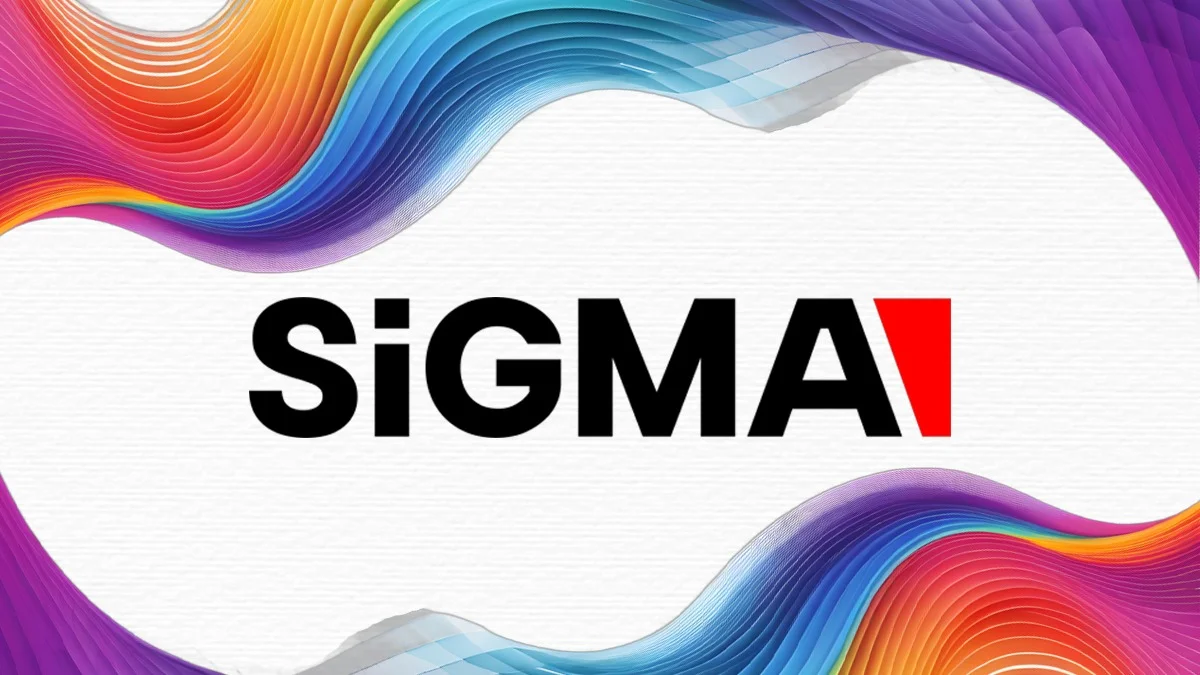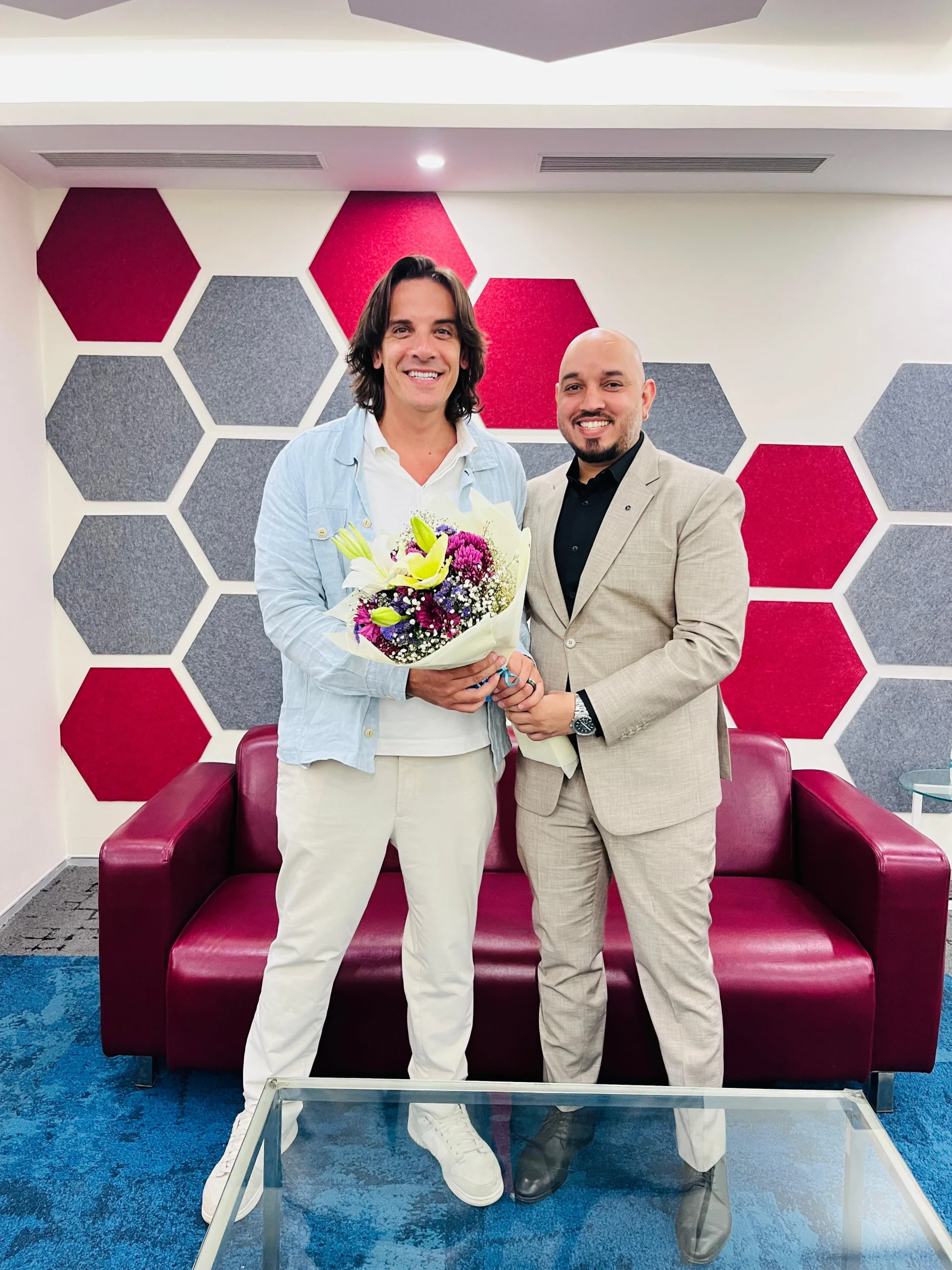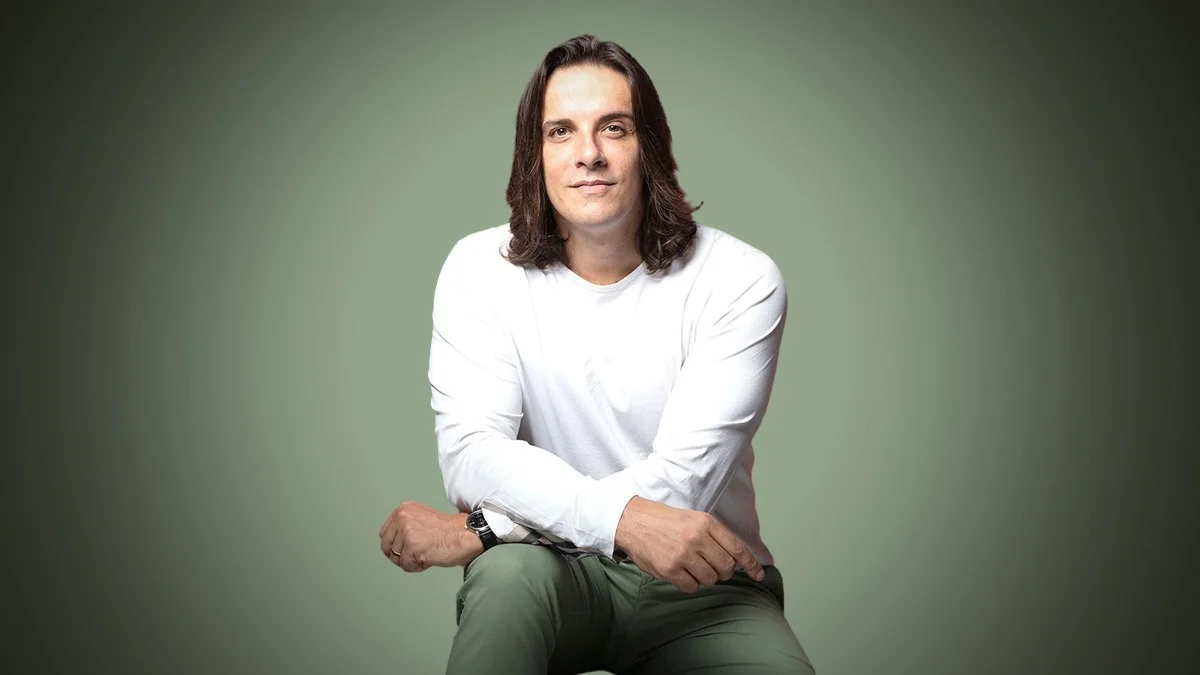
Eman Pulis has made a significant mark in the ever-changing event industry. As the founder and leader of SiGMA Group,, he has led the way with a visionary approach that has transformed the industry. Eman has a remarkable talent for spotting opportunities where others may see challenges.
Even during the tough times of the pandemic, Eman didn’t stop seeking new opportunities. He understood that people wanted to discover new markets and needed fresh ways to connect. In November 2021, he introduced Malta Week, a series of four events, including SiGMA, AGS, Med-Tech World, and AIBC. Since then, Eman’s journey has only gained momentum.
SiGMA events create a platform for people from various industries to learn from one another and expand their business networks. Eman’s ability to bring together different industries and encourage collaboration has set SiGMA Group apart in the event world.

During his visit to India, Eman Pulis had an engaging conversation with Unnati Madan, the Chief Editor of ABC World Mediac. In this insightful discussion, Eman shared his visionary thoughts and plans for the future. He was asked about his journey, from the early days of SiGMA Group to how he has transformed it into the successful business it is now.
Here’s how Eman Pulis’ passion for growth and his forward-thinking ideas continue to shape SiGMA Group’s success:
Q: If not the event industry, then what would Eman Pulis be into?
A: “Yeah, look, events are in my DNA. I love doing events, I love doing conferences, and I love bringing people together. If it wasn’t for that, I probably would have been teaching somewhere. My first degree was to become a teacher. I really enjoyed it, I still enjoy it. But the rewards I get from events allow me to do so much more. The compensation from doing events is a bit more lucrative than teaching, which gives me the tools to impact more lives positively. So, yeah, I’m happy where I am.”
Q: What do you believe sets SiGMA apart from other companies in the gaming industry?
A: “We have this mantra – first friendship, then trust. Once that’s set at our expos, business will flow. What makes our events different is the jovial vibe across the floor, across all the networking events in the evening. We offer delegates the opportunity to first get to know each other, build trust, and then business takes care of itself. It’s the opportunity for guards to be dropped.”

Q: What trends do you think will define the next decade in the gaming industry?
A: “Frontier technology will play a key role. Many elements contribute to this exciting mix of frontier tech – blockchain, artificial intelligence, the use of cryptocurrencies for payments, FinTech, GameFi, DeFi, the Internet of Things, quantum computing, and big data. These are all ingredients that will make or break any gaming company today, whether you’re an affiliate, an operator, or a supplier. If you’re not embracing these technologies, you’re going to fail.”
Q: What is work-life balance and how important is it to you?
A: “I don’t like the term ‘balance.’ Work-life balance is something I don’t aspire for. I prefer the term ‘work-life integration,’ where you don’t try to balance the two because the two are inseparable. So, when everything is working perfectly at work, that’s when my personal life can also flourish. If I have problems at work and I try to cut down on time so I spend more time in my personal life, it doesn’t work. For me, it is important that the two are integrated. For me, it’s important that my career, work, and employees are thriving, because that’s when I can thrive in my personal life as well.”
Q: How do you handle circumstances that arise when you’ve made a wrong decision?
A: “Owning it and not hiding it under the carpet is very important. And Stress accumulates from unresolved issues. If you have problems you’re not tackling head-on, it leads to a more stressful work environment, and that stress can carry over to your personal life. So for me, it’s always about acknowledging the problem and tackling it. I think that’s always very very important. crucial, especially when it comes to managing my team.”
Q: How do you handle the circumstances that arise when you have made a wrong decision?
A: “Yes, owning it, not hiding it under the carpet, is very important. And stress accumulates out of unresolved issues. So, if you have problems that you’re not tackling head-on, it’s going to lead to a more stressful environment at work. That stress is going to transcribe back home with the family. So, it’s always acknowledging that you have a problem and tackling it. I think that’s always very, very important.
When it comes to my team, it’s allowing them the space to make mistakes as well. You don’t want to create an environment where they feel too scared to take risks because the punishment outweighs the reward. So, for me, as the leader of this group, it’s important to foster an environment where they feel they can take calculated risks because the benefit far outweighs the repercussions.”
Q: What do you think is more important: experience or youth?
A: “I think one doesn’t exclude the other. A team is a portfolio of both. Then there are also universal values that cut across experience and youth. Whether you’re a youth with no experience or an experienced individual in the company, there are values that I cannot bargain with.
How much I can trust you, for instance. Whether you’re experienced or not, you need to rank high on the trust level. How much of a go-getter are you? How much of a team player are you? What is your outlook towards life and work? Do you see the glass as always half full or half empty?
Whether you’re experienced or not, those are universal values that cut through. A company needs people who have experience—those people are important in leadership positions. But it also needs thirsty, young people who are happy to do the low-level job and who aspire to grow with the company.”
Q: How did you think about starting the SiGMA Foundation? What inspired you?
A: “Yeah it makes the company whole and today I like to say that there’s no SiGMA group without SiGMA foundation and obviously vice versa because our network of hyper-successful individuals is what helps us to do all these projects around the world. So yeah there’s no SiGMA group without the SiGMA foundation and there’s a word in Japanese that I love to use it’s called ikigai, you know, um and it basically highlights four things.”
“How good you are at what you do, um and I’d like to believe that we’re good at doing our conferences. Does it pay you well? And yes we are compensated fairly for what we do and so do we love doing it. Yes, events are in my DNA I love doing events I love the industry. Is it great for society? This is the last point that Ikigai tackles. Is it great for society? The SiGMA Foundation helps us to hammer that point home. So thanks to the SiGMA Foundation what we’re doing with the SiGMA group is great for society as well.”
Q: What does a man like to do when he’s not working?
A: “Um yeah again right from work-life integration um mostly with family center with family I’m spending time on my own to regroup my thoughts I do that every morning and every evening I guess you can call that meditation yeah um I don’t like to travel a lot for leisure because I overdose on traveling forward so the bit of time that I have I love to go back to my routine you know it’s I miss routine sometimes um yeah and it’s yeah yeah spending time with loved ones that’s that’s how I like to spend my free time.”


